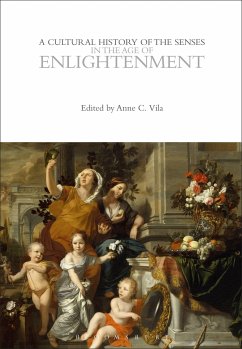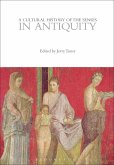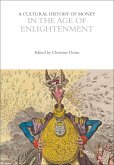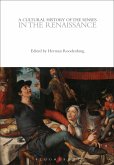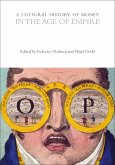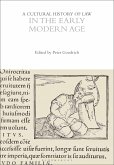This volume examines the varied ways in which the senses were perceived afresh during the Enlightenment. In addition to introducing new philosophical and scientific models which sometimes upended the classic hierarchy of the senses, this period witnessed major changes in living and working habits, including urbanization, travel and exploration, the invention of new sonic and visual media, and the rise of comfort and pleasure as values that cut across a range of social classes. As this volume shows, those developments inspired a wealth of sensorially stimulating styles of design, art, music, poetry, foodstuffs, material goods and modes of worship and entertainment. The volume also demonstrates the period's countervailing concern with managing the senses, evident in fields like natural philosophy, medicine, education, religion, and public hygiene. Finally, it explores some of the Enlightenment's desensualizing tendencies, like the separation of sensuous body from discerning mind in certain arenas of science and manufacturing, and the late 18th-century shift away from a politics of publicity, or intense visual and aural scrutiny, toward the secret ballot. A Cultural History of the Senses in the Age of Enlightenment presents essays on the following topics: the social life of the senses; urban sensations; the senses in the marketplace; the senses in religion; the senses in philosophy and science; medicine and the senses; the senses in literature; art and the senses; and sensory media.
Bitte wählen Sie Ihr Anliegen aus.
Rechnungen
Retourenschein anfordern
Bestellstatus
Storno

